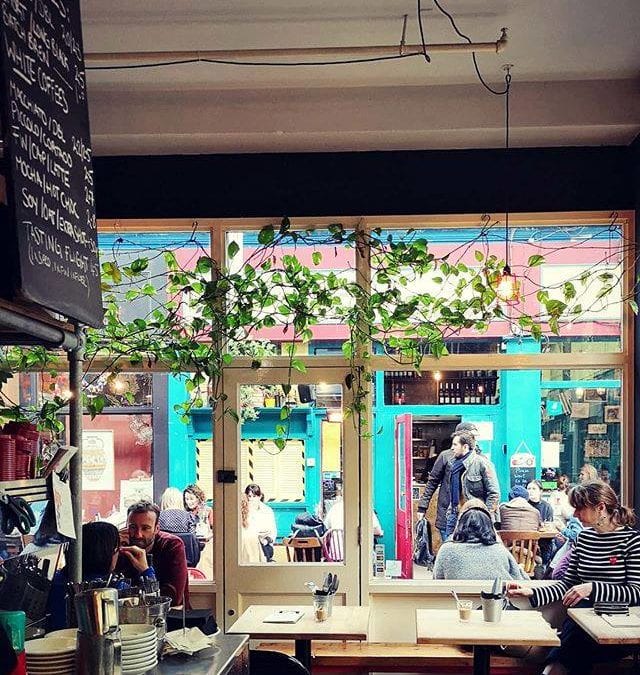More support for businesses was announced by the Chancellor earlier in the week in his mini budget. There were two areas which look particularly helpful for businesses that have been significantly impacted over the last 4 months. Read on to find out about the furlough bonus and the reduced VAT rate for hospitality and tourism.
Furlough bonus
If you have furloughed employees then you may be able to get a £1,000 bonus paid to your business per employee early next year. The Job Retention Scheme comes to an end after October, and from August onwards if you still have furloughed employees you will start having to pay towards the cost. This bonus is intended to encourage you to keep employees on your books.
In order to be eligible for the furlough bonus for an employee you must:
- Bring that employee back from furlough
- Pay them at least £520 per month (on average) between November and January, and
- Have them still on your payroll at the end of January.
Although £1,000 per employee isn’t enough to cover their salary from November to January it is still a significant help.
Don’t forget that this will no doubt be taxable.
Find out more about the furlough scheme and the changes that will be coming in from August here.
Reduced VAT rate for hospitality and tourism
VAT on hospitality and tourism will be cut on food, accommodation and attractions. The rate will be reduced from 20% to just 5% from 15 July 2020 to 12 January 2021. This sector has been really badly impacted by COVID-19, and it is great to see some tailored support to help.
The reduced VAT rate will apply to:
- Food and non-alcoholic drinks sold for on-premises consumption, e.g. in restaurants, cafes and pubs
- Hot takeaway food and hot takeaway non-alcoholic drinks
- Sleeping accommodation in hotels, holiday accommodation, pitch fees for caravans and tents, and associated facilities
- Admission to theatres, circuses, fairs, amusement parks, concerts, museums, zoos, cinemas, exhibitions.
The reduced VAT rate does not apply to alcoholic drinks.
You don’t have to pass this saving onto your customers, although you can reduce your sales price if you want. Realistically if you have far fewer people coming in and spending money, but you still have to cover your fixed costs, keeping most or all of this saving could be the difference between surviving the next few months, and going under.
Make sure that you take a look at your till system as you have only got until 15 July to implement changes. Your accountant may be able to manually override the VAT rates after the fact, but will at the very least need to know the split between alcoholic and non-alcoholic drinks.
We are waiting on more detail to be announced by the end of July.
What else was announced
- The KickStart Scheme – this encourages the creation of 6-month work placements aimed at those aged 16-24 who are on Universal Credit. Funding available for each job will cover the National Minimum Wage for 25 hours a week, plus the associated employer NI and pension.
- Trainees – the government will fund employers who provide trainees with work experience, at £1,000 per trainee
- Apprentices – there will be a new payment of £2,000 to employers (in England) for each new apprentice they hire aged under 25, and a £1,500 payment for each new apprentice they hire aged 25 and over, from 1 August 2020 to 31 January 2021
- Stamp duty cut – the threshold has increased to £500,00 with immediate effect, this will apply until 31 March 2021
- Eat Out to Help Out – this means you can offer a 50% discount up to £10 per person for food or non-alcoholic drinks to eat or drink in all day every Monday, Tuesday and Wednesday, and claim the money back from the government. You can register for the scheme from 13 July.
The picture is of one of our favourite clients – the fabulous Federation Coffee in Brixton. We can’t wait to go there for a coffee!



